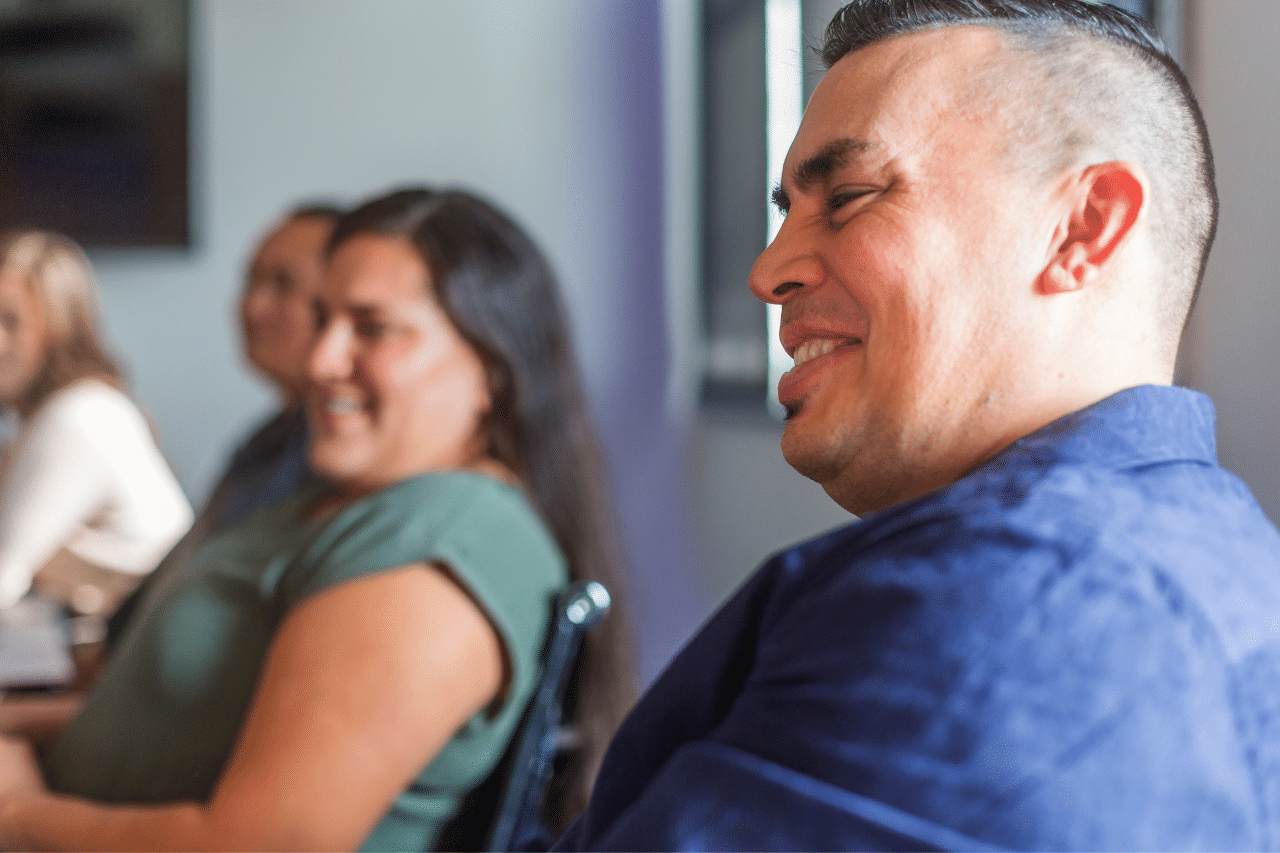How To Get Registered as an International Doctor in New Zealand
To work as a doctor in New Zealand, overseas doctors need to obtain registration with the Medical Council of New Zealand. The council is responsible for registering doctors, ensuring their ongoing competence, and setting the standards for medical practice in New Zealand.
The registration process involves submitting various documents, including evidence of qualifications and experience, as well as passing a language test if English is not your first language.
Choosing a Scope of Practice
Choosing the right scope of practice is a crucial step for any international doctor looking to move and practice in New Zealand. The Medical Council of New Zealand has three scopes of practice: general & provisional scope, vocational scope, and special purpose scope, each with specific requirements and criteria.
It is important to determine which scope of practice is applicable to your qualifications and experience to ensure a smooth and efficient registration process. Choosing the wrong scope of practice could result in a longer and more complicated registration process or may limit your ability to work in your preferred field. For instance, if you are a specialist in a particular field of medicine, applying for the general scope of practice may not be appropriate.
It’s essential to do your research and consult with the Medical Council of New Zealand to determine which scope of practice is the right fit for you. By choosing the right scope of practice, you can increase your chances of a successful registration and have a fulfilling career in New Zealand.
General & Provisional Scope of Practice
The General Scope of Practice is the most flexible option and is suitable for doctors with a broad range of medical skills and knowledge.
This scope of practice allows you to work in a variety of settings, from hospitals to community health centers. However, you may be limited in the types of procedures you can perform. The general scope is for doctors who have completed an approved internship or have been practicing for at least 2 years. The provisional scope is for doctors who are new to the New Zealand healthcare system and have limited or no previous experience.
To qualify for registration within the Provisional General scope of practice a doctor must:
- hold a prescribed qualification for registration in the Provisional General scope of practice
- be considered fit for registration (including satisfying Council’s English language requirements)
- be competent to practise in the scope of practice
Vocational Scope of Practice
There are 36 areas of medicine, or ‘scopes of practice’, within which you can be registered and work as a specialist in New Zealand. The Vocational Scope of Practice is more specialized and is designed for doctors with specialized training and experience in a particular field of medicine. This scope of practice allows you to perform a wider range of procedures within your specialty such as; Anaesthesia, Dermatology or Emergency Medicine.
See the full list of the 36 recognised scopes of practice in NZ
Special Purpose Scope of Practice
The Special Purpose Scope of Practice is designed for doctors who have a specific role to fill in New Zealand This scope of practice is limited to the specific duties outlined in the job description. Special purpose registration is for a fixed time period and is needed when you want to work in New Zealand for a specific purpose, such as research, further training or to assist with a disaster.
Special purpose registration has seven scopes of practice. You may be able to apply if you want to:
- teach as a visiting expert (for up to one week)
- undertake postgraduate training to gain experience and skills that you will use to provide healthcare in your home country (up to two years)
- carry out research (up to two years)
- work as a locum tenens in a specialist post (up to 12 months)
- work in an emergency or other unpredictable short-term situation
- work in a pandemic or disaster
- provide teleradiology services to New Zealand patients (up to 12 months).
What’s the best scope of practice for you in NZ?
Using the MCNZ Registration Self-Assessment Tool
If you’re not sure which scope of practice is most appropriate for you, the Medical Council of New Zealand provides a Registration Self-Assessment Tool to help you determine your eligibility and the best options for you.
This tool will ask you a series of questions about your qualifications and experience, and then provide you with a recommendation based on your answers. It’s important to note that the tool is only a guide, and you’ll still need to apply to the Medical Council of New Zealand for registration. However, it can help you understand the different scopes of practice and the requirements for each.
Requirements and Colleges for Practicing Medicine in New Zealand
Different fields of medicine in New Zealand have specific requirements for registration and training, so it’s important to research the requirements for your particular field. If you’re interested in practicing medicine in New Zealand, it’s important to be aware that different fields of medicine have specific requirements for registration and training.
Requirements for General Practitioners: For example, if you’re interested in working as a general practitioner, you’ll need to complete the Royal New Zealand College of General Practitioners (RANZCGP) program, which includes both academic and practical components.
Specific Colleges for Different Fields of Medicine
There are specific colleges for different fields of medicine in New Zealand, such as The Royal Australian and New Zealand College of Radiologists (RANZCR) and The Royal New Zealand College of General Practitioners (RNZCGP).
Responsibilities of Colleges
If you’re interested in practicing medicine in New Zealand, you’ll also need to be aware that there are specific colleges for different fields of medicine. These colleges provide training and accreditation in a particular field and are responsible for maintaining the standards of practice in that field.
For example, The Royal Australian and New Zealand College of Radiologists (RANZCR) is responsible for training and accrediting radiologists in both Australia and New Zealand. The college offers various programs, including the Fellowship of the Royal Australian and New Zealand College of Radiologists (FRANZCR), which is a four-year program that includes both academic and practical components.
Similarly, The Royal New Zealand College of General Practitioners (RANZCGP) is responsible for training and accrediting general practitioners in New Zealand. The college offers various programs, including the General Practice Education Programme (GPEP), which is a three-year program that includes both academic and practical components.
What should you expect from moving to New Zealand?
Language in New Zealand
Although English is the official language in New Zealand, the country has its unique accents and colloquial expressions. New Zealanders have a distinct accent that is quite different from other English-speaking countries. It can take some time to adjust to the local accent, especially when communicating with patients or colleagues. However, Kiwis are known for their friendly and welcoming nature, and they are often patient and understanding with those who may have difficulty understanding them. Additionally, New Zealand has a multicultural society, and you may find that many people speak multiple languages.
Culture in New Zealand
New Zealand has a unique culture that has been influenced by Māori and European traditions. Kiwis are known for their relaxed and informal way of life, and there is a strong emphasis on work-life balance. Additionally, New Zealand is a multicultural society, and you will find people from all over the world living and working there. Kiwis are typically open-minded and accepting of different cultures and traditions, so you should feel welcome and included.
Practicalities of Moving to New Zealand
Moving to a new country can be daunting, and we want to make sure you feel supported every step of the way. At Prospero Health & Social Care New Zealand, we understand that the practicalities of relocating can be overwhelming, especially in a new and unfamiliar place. That’s why we’re here to help you navigate the process and make the transition as smooth as possible.
We know that finding suitable accommodation, setting up bank accounts, and obtaining a driver’s license are important practical considerations when moving to a new country. That’s why our team is here to assist you with these tasks, ensuring that you have the information and resources you need to get settled in your new home.
We also recognize that adapting to a new language and culture can be challenging. Our team can offer support and advice on how to navigate the unique cultural nuances of life in New Zealand.
Throughout your time in New Zealand, we will be here to support you with ongoing assistance and guidance. Our consultants are always available to answer your questions and provide support whenever you need it. We believe that your success is our success. We are committed to making sure that your experience in New Zealand is a positive and fulfilling one.
Are you interested in pursuing a career in New Zealand as a Doctor or as a specialist? register your details with us today and start the conversation with our NZ team!



